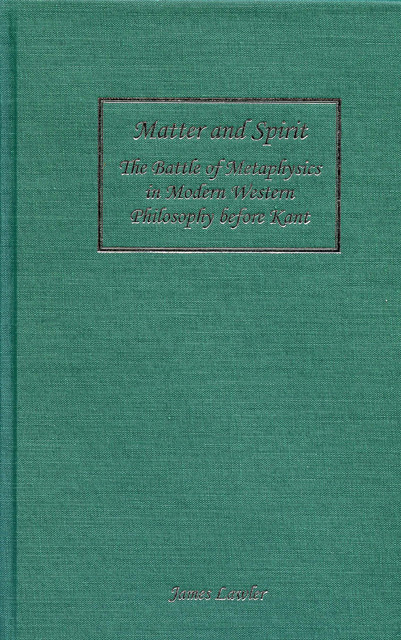8 - Adam Smith Deciphers the Invisible Hand of the Market
Published online by Cambridge University Press: 17 March 2023
Summary
THE SYSTEM OF NATURAL LIBERTY
In his pioneering work of economic science, An Inquiry into the Nature and Causes of the Wealth of Nations (1776), Adam Smith writes that “All systems either of preference or of restraint, therefore, being thus completely taken away, the obvious and simple system of natural liberty establishes itself of its own accord.” Here we see that Smith incorporates Hobbes's position of 1651 together with the adjustments of Hume's moral theory a century later. Natural liberty, for all three, operates when artificial interferences and constraints are removed. As this is the case for the individual in the Hobbesean tradition, from the position of Hume it is true of society as a whole, which functions as a freely evolving system that governs the lives of individual human beings. Smith takes up the vantage point of the society of Hume, in which the true subject of the science of the human being is not any individual, supposedly self-determining being, but the evolving society as a whole. At the same time, Smith brings the modern scientific approach to the understanding of human behavior to a new stage of specificity. The central aspiration of early modern philosophers, of Hobbes as well as of Hume, was to create a deterministic science of distinctly human behavior. Such a science is based on the principle that individuals act primarily for the purpose of satisfying their desires and interests. This is the principle of human motivation that accords with the mechanistic materialism of the new physics. In the work of Adam Smith, this general principle leads to predictable empirical results in the discovery of definite laws governing the behavior of modern societies.
In his earlier work on morality, The Theory of Moral Sentiments (1759), Smith defends Hume's theory that morality is a matter of disinterested sentiment. He also agrees with Hume that “the laws of justice” rest on a distinct sentiment or feeling. Smith stresses the distinctiveness of the “rules” of justice. In contrast to the private, personal “precepts” of friendship, charity, or generosity
we feel ourselves in a peculiar manner tied, bound, and obliged to the observation of justice. We feel, that is to say, that force may, with the utmost propriety, and with the approbation of all mankind, be made use of to constrain us to observe the rules of the one, but not to follow the precepts of the other.
- Type
- Chapter
- Information
- Matter and SpiritThe Battle of Metaphysics in Modern Western Philosophy before Kant, pp. 266 - 283Publisher: Boydell & BrewerPrint publication year: 2006



